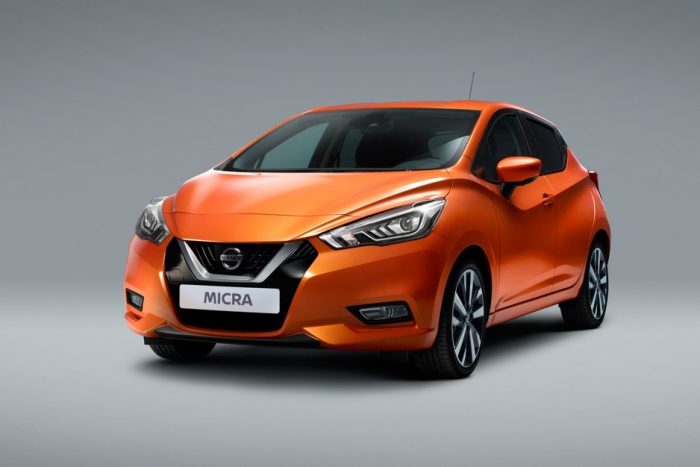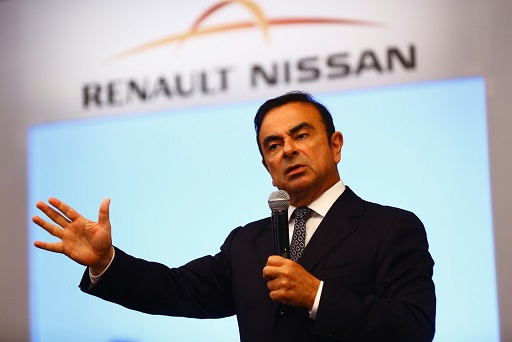Now Reading: Renault-Nissan plans to construct a 100 megawatt power storage plant
-
01
Renault-Nissan plans to construct a 100 megawatt power storage plant
Renault-Nissan plans to construct a 100 megawatt power storage plant

Renault-Nissan is preparing strategies to develop a 100 megawatt power storage plant in Europe, sources informed Reuters, intending to provide electric car batteries a second life in a task that could ultimately take on energy companies.
Like competitor Tesla’s energy storage business, the Renault-Nissan relocation highlights its desire to cultivate a second-hand battery market while motivating the development of energy facilities that works for electric vehicles.
The Renault-Nissan alliance plant, which is going to be developed in future, would be huge enough to power 120,000 houses, or supplant the function of a gas- or coal-fired power station in meeting peak electrical power need on the grid, the sources informed.
Instead of generating power, a storage plant charges up in times of excess supply and offers electric power back to the grid when required. Supporters say such plants can play a crucial role in smoothing out unforeseeable wind and solar power generation.
Renault-Nissan is operating in partnership with energy storage professional The Mobility House on the mega battery which would be put together from new or used electric car batteries, one of the sources informed.
“We’re dealing with The Mobility House on numerous programs consisting of significant energy storage task that is currently still in the study stage,” stated Renault spokesperson Celine Farissier, refusing to provide further information.
Makers of electric vehicles stand to gain from the production of a market for used lithium-ion batteries that can no more power cars to drive far enough. Higher second-hand battery values might help reduce the cost of electric cars and mega batteries are one way for recycling the power cells.
Nissan, 44 percent-owned by French alliance partner Renault, has already developed a back-up power storage system for the Amsterdam Arena, home of soccer club Ajax, in a first partnership with the start-up.
Stay Informed With the Latest & Most Important News
Previous Post
Next Post
-
 01Polestar Boss Says It’s Time To Outrun BMW M And Mercedes-AMG
01Polestar Boss Says It’s Time To Outrun BMW M And Mercedes-AMG -
 02Spy Shots: 2027 Mitsubishi Pajero Spotted in Testing Ahead of Possible U.S. Return
02Spy Shots: 2027 Mitsubishi Pajero Spotted in Testing Ahead of Possible U.S. Return -
 032026 Toyota Hilux EV: A Powerful Truck with Silent Torque
032026 Toyota Hilux EV: A Powerful Truck with Silent Torque -
![2027 Mercedes-Benz S-Class Debuts with V8 Engine [Photo Gallery]](https://speedlux.com/wp-content/uploads/2026/01/2027-Mercedes-Benz-S-Class-33-155x125.jpg) 042027 Mercedes-Benz S-Class Debuts with V8 Engine [Photo Gallery]
042027 Mercedes-Benz S-Class Debuts with V8 Engine [Photo Gallery] -
 05Spy Photos: VW ID. Polo GTI Goes Electric with 223 HP and 280 Miles of Range
05Spy Photos: VW ID. Polo GTI Goes Electric with 223 HP and 280 Miles of Range -
 062026 Corvette ZR1 Production Surges Past Expectations as Output Clears 1,000 Units
062026 Corvette ZR1 Production Surges Past Expectations as Output Clears 1,000 Units -
 07Hyundai Palisade’s Breakout Year Shows How Quickly the Market Can Turn
07Hyundai Palisade’s Breakout Year Shows How Quickly the Market Can Turn



![2027 Mercedes-Benz S-Class Debuts with V8 Engine [Photo Gallery]](https://speedlux.com/wp-content/uploads/2026/01/2027-Mercedes-Benz-S-Class-33-700x394.jpg)










































